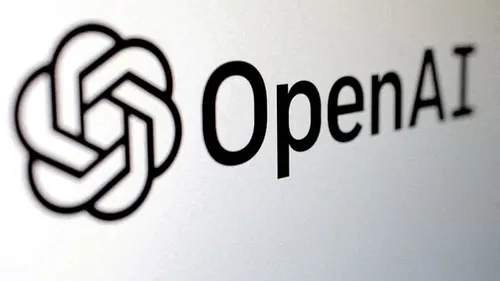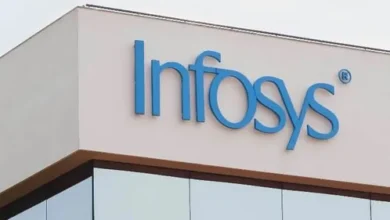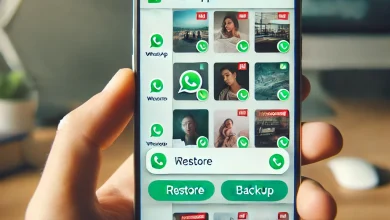Sora by OpenAI: The AI-Powered Challenger to TikTok
The AI giant steps into short-form video territory, but its new app comes with unexpected limitations that could shape its future.
OpenAI, best known for creating ChatGPT, has stepped into the social media arena with the launch of its new short-form video platform Sora. Marketed as a potential rival to TikTok, the app is designed entirely around AI-generated video content, setting it apart from traditional user-driven platforms.
Unlike TikTok or Instagram Reels, users on Sora won’t encounter familiar influencer clips, beauty tutorials, or viral dance trends. Instead, every video is created through AI prompts. Creators can add themselves into the action by uploading a photo, allowing the software to generate realistic cameo appearances. This feature is pitched as a major leap beyond existing AI video tools, including Google’s Veo 3, which made headlines earlier this year.
AI-Powered Fun and Controversy
OpenAI promoted Sora with whimsical examples, such as showcasing a person riding a duck like a jockey. While amusing, the tool has also revealed its more unsettling edge. One OpenAI employee reportedly demonstrated the app’s power by generating a fake CCTV-style video of CEO Sam Altman shoplifting—a clip that quickly became one of the most viewed on the platform.
Critics argue that this type of synthetic content risks fueling misinformation and eroding trust online. Some skeptics even dismiss AI-driven platforms as contributing to what they call the “dead internet,” where human-created content is drowned out by algorithmically produced material.
Growing Competition in AI Video
The launch of Sora comes just days after Meta introduced Vibes, its own AI video network that can cross-post clips directly to Instagram and Facebook. This sudden wave of platforms suggests that the battle for dominance in AI-driven entertainment is heating up. Viral clips, such as the widely circulated “boulder drop” video on a glass-bottom bridge, highlight just how quickly synthetic videos can capture online attention.
Sora not only taps into this trend but gives users a chance to personalize these memes—imagine dropping the boulder yourself rather than merely sharing the clip.
Balancing Innovation and Responsibility
In announcing the app, OpenAI chief Sam Altman acknowledged the double-edged nature of social AI tools. Posting on X, he emphasized the creative potential of Sora while admitting concern over its possible misuse. “Social media has had some good effects on the world, but it’s also had bad ones,” he noted. “We are aware of how addictive a service like this could become, and we can imagine many ways it could be used for bullying.”
That awareness reflects an ongoing debate in the tech world: Can AI-generated media enrich online culture, or will it flood digital spaces with content that blurs the line between reality and fiction? With Sora now entering the spotlight, the answer may come sooner than expected.





